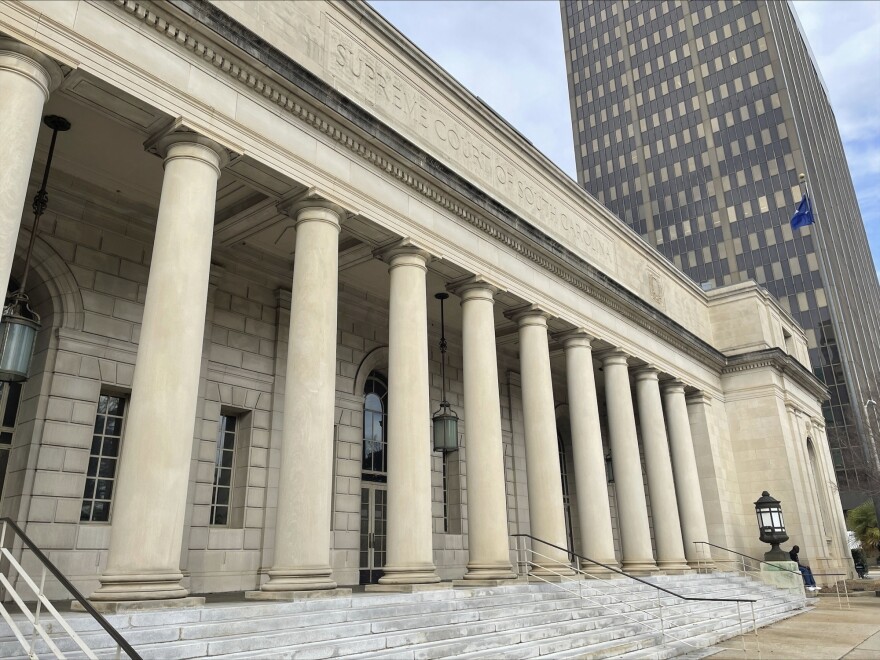The South Carolina Supreme Court has overturned a Summerville woman’s murder conviction saying gruesome autopsy photos shown during trial were prejudicial and should not have been allowed.
Four years ago, Carmie Josette Nelson was sentenced to life behind bars for the 2017 bludgeoning and stabbing death of her roommate Jordan Brooke Lum. The 51-year-old victim was beaten with a hammer and left in a crate.
Nelson, a 57-year-old former Army nurse, claimed her husband killed Lum. He said she did it and got him to help clean up the crime.
At trial, the prosecution argued autopsy photos were necessary because they showed how Lum was brutally murdered and proved malice. But the defense objected, calling them prejudicial. Attorneys said the question that needed to be answered was who murdered Lum, Nelson or her husband.
The state Supreme Court said Wednesday the admission of the photos “unnecessarily created the potential for the jury to convict Carmie of murder based on inflamed emotions”.
The public defender who represented Nelson says she has yet to be transferred back to the Lowcountry.



